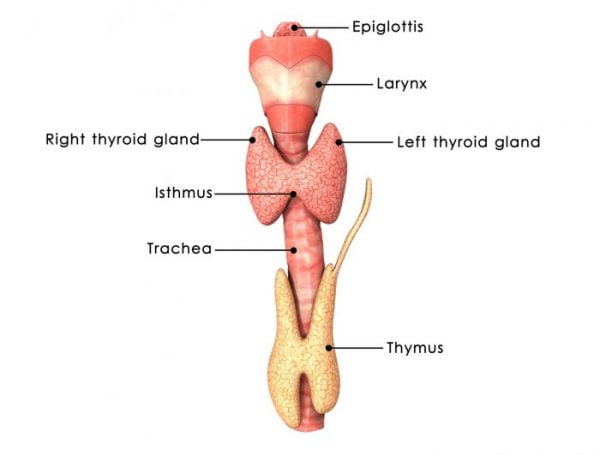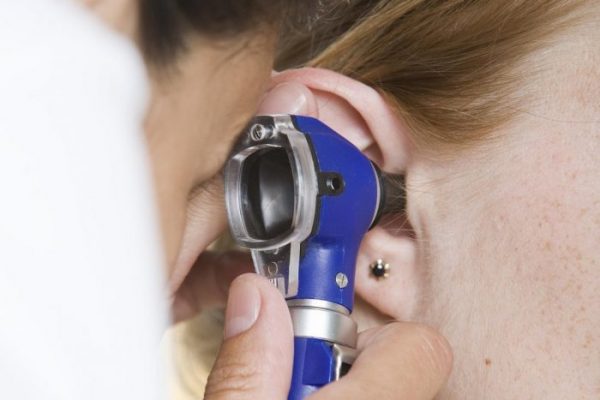ABOUT LARYNGECTOMY
A laryngectomy is a surgical procedure performed to partially or fully remove the larynx. The procedure is performed to remove cancer and can result in the patient loosing their voice and breathing in a new way.
The larynx, commonly referred to as the voice box, is located above the windpipe (trachea) and functions to protect the windpipe, prevent food from entering the lungs, creates sound, and helps with breathing. It is comprised of cartilage and the vocal cords are located inside the larynx. It is surrounded by lymph nodes and this is often where cancer begins and then spreads to the larynx.
The procedure involves removing part or all of the larynx, referred to as a partial or total laryngectomy, and in some case the thyroid gland, the surrounding lymph nodes, and glands are also removed, depending on each patient case. It is often performed in conjunction with radiotherapy, which may be performed before and/or after the surgery.
Once the larynx is fully removed, patients will have a new method of breathing, which will be through a stoma, a small hole in the neck connected to the windpipe. Patients will no longer breathe through the nose and mouth, will lose their sense of smell as a result of no air entering the nose, and will no longer be able to talk as they could before.
There are a number of methods that can be used to regain a form of voice which include voice restoration surgery, an artificial larynx, and an esophageal voice. Patients undergoing voice restoration surgery will usually have this performed as part of the laryngectomy surgery.
Recommended for
- Laryngeal cancer
- Throat cancer
TIME REQUIREMENTS
- Number of days in hospital: 2 – 3 weeks.
Should complications arise, patients may need to spend more time in the hospital.
- Number of trips abroad needed: 1.

COMPARE LARYNGECTOMY PRICES AROUND THE WORLD
| Country | Cost |
|---|---|
| Israel | 82500€ |
| United States | 32500€ |
| United Arab Emirates | 12184€ |
| India | 2719€ |
HOW TO FIND QUALITY TREATMENT ABROAD
BEFORE LARYNGECTOMY ABROAD
Before the consultation, the surgeon will look over the patient’s medical history and latest chest X-ray and ECG. If necessary, the surgeon may request new tests before the surgery. Patients will meet with the surgeon to discuss the surgery and how they will recover afterwards. If undergoing a total laryngectomy, the surgeon will explain the different methods of regaining their voice afterwards. Voice restoration surgery may be performed as part of the surgery and patients will need to attend speech and language therapy once recovered from the surgery.
Patients should prepare any questions that they have before the initial consultation, to have any of their concerns addressed by the surgeon. The surgeon will advise to refrain from eating and drinking in the hours preceding the surgery, in order to prepare for the general anesthetic.
HOW IS IT PERFORMED
Before the surgery begins, the patient’s neck may need to be shaved and the patient is then administered with a general anesthetic.
The surgeon will then begin by making an incision in the neck, through which part or all of the larynx is removed. Depending on the patient, the surrounding lymph nodes and part of the thyroid gland and pharynx may also be removed.
Once the larynx is removed, the surgeon will then create a hole in the neck referred to as a stoma, which is connected to the windpipe so that the patient will be able to breathe through the hole. In the case where voice restoration surgery is also being performed, the surgeon will then connect the windpipe to the esophagus creating a small valve. The surgeon will then reconnect any neck muscle which was moved during the surgery and the skin on the neck is closed with sutures.
The patient is then usually taken to the ICU (intensive care unit) to be closely monitored after the surgery.
Anesthesia
General anesthetic.
Procedure duration
The Laryngectomy takes 5 to 12 hours.

WHAT TO EXPECT AFTER LARYNGECTOMY
Post procedure care
After the surgery, patients will connected to a feeding tube as they will not be able to eat in the days after the surgery.
The doctors and nurses will demonstrate to the patient how they should care for their stoma. If voice restoration surgery was performed in combination with the surgery, then patients will have a second surgery once the stoma has healed, to create a voice prosthesis which will enable them to speak.
Possible discomfort
The neck will be painful and swollen in the days proceeding the surgery, however, pain medication will be administered to ease discomfort.
IMPORTANT THINGS TO KNOW ABOUT LARYNGECTOMY
Potential risks
- Bleeding
- Wound infection
- Chest infection
- Fistula in the windpipe
- Pulmonary embolism














